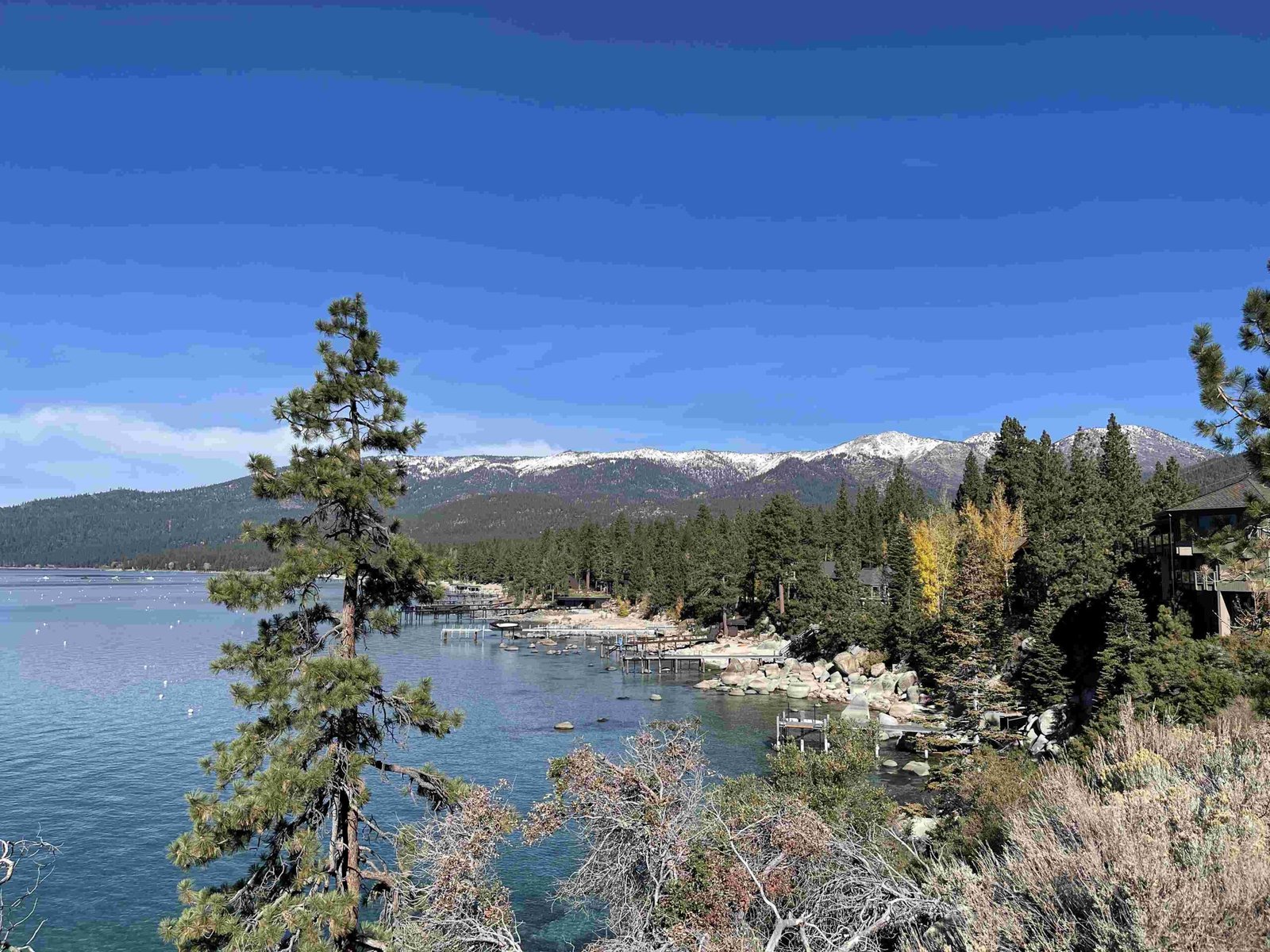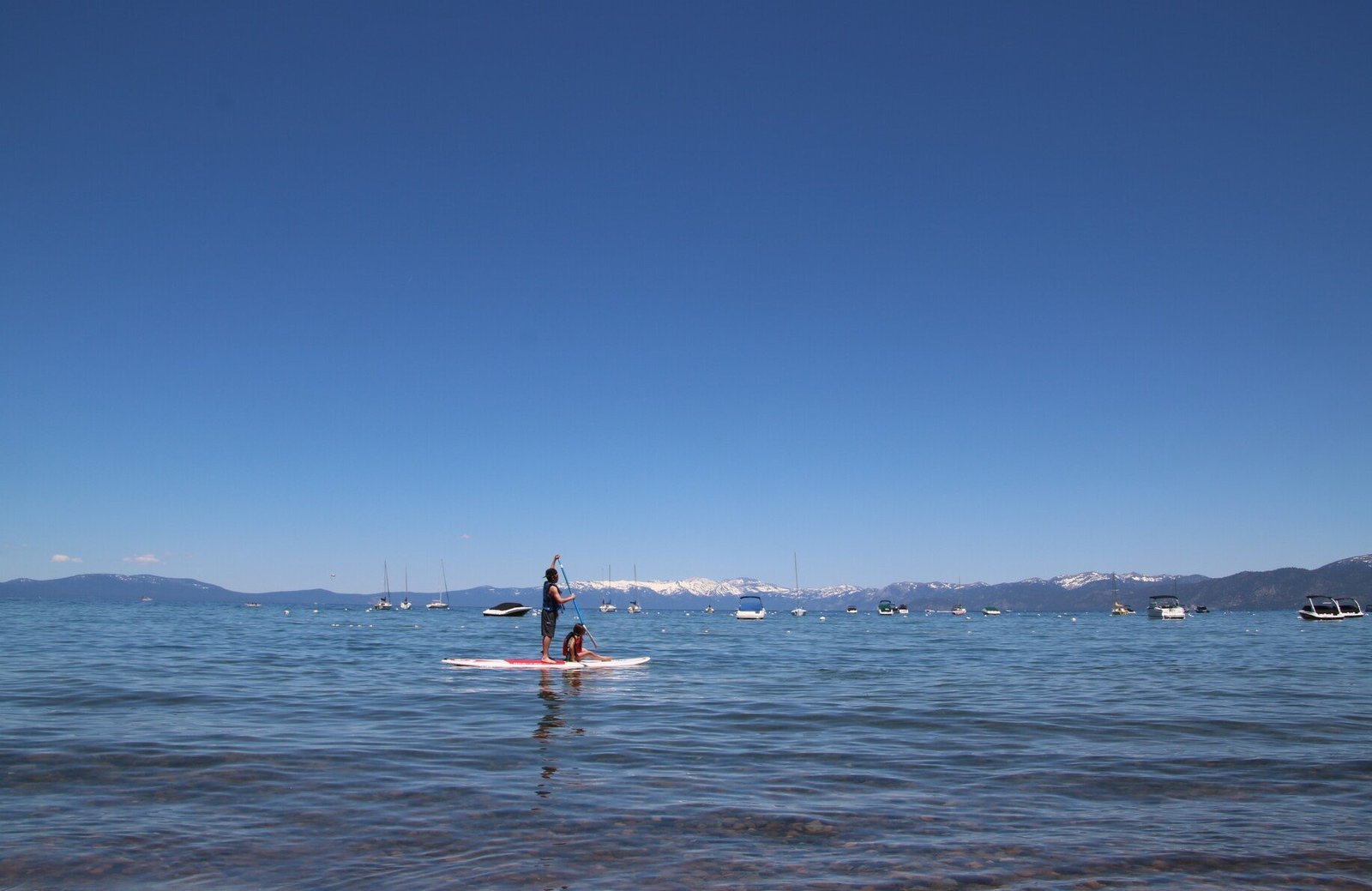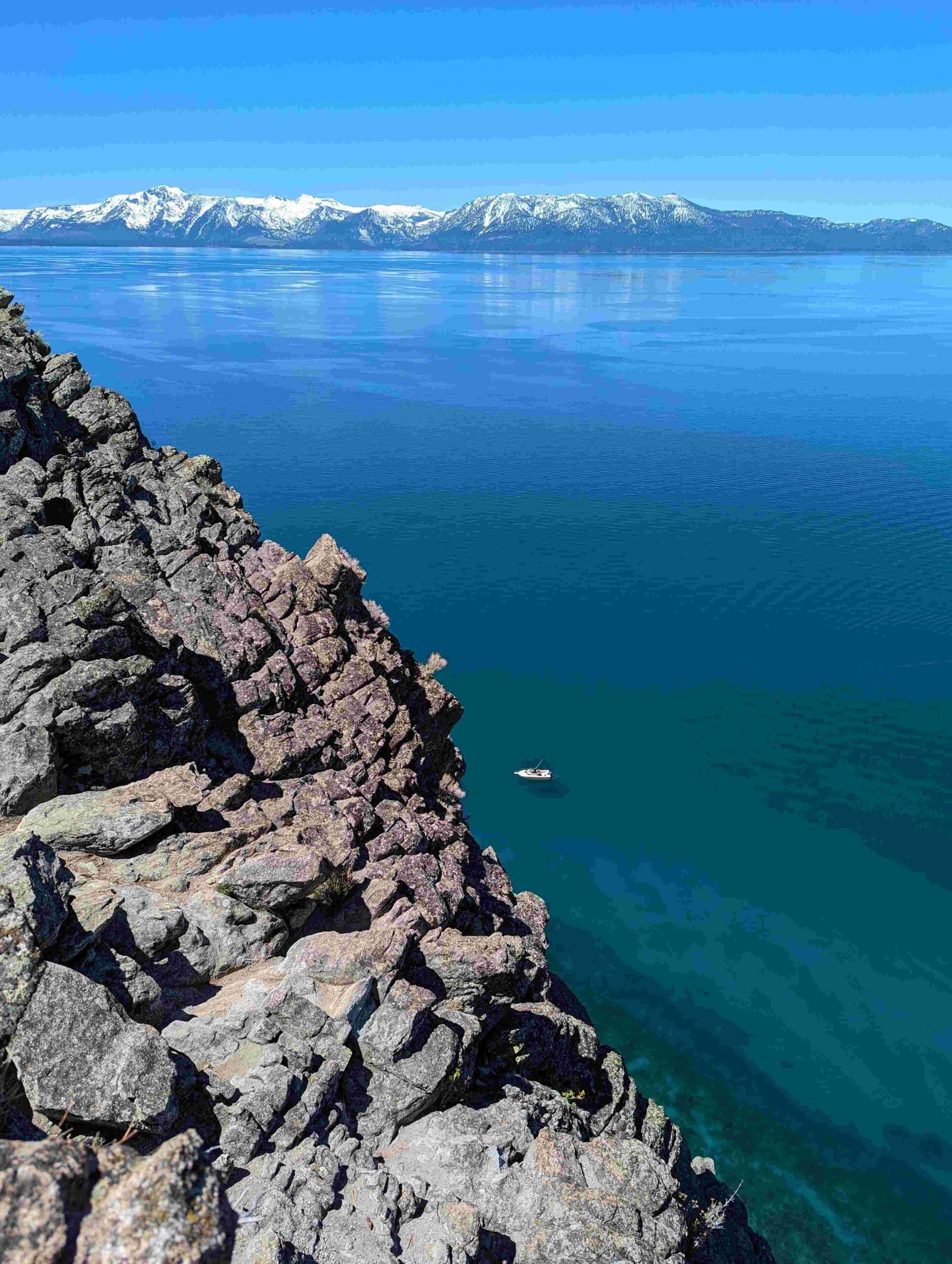Lake Tahoe documentaries offer a profound exploration of an extraordinary alpine ecosystem, revealing intricate environmental narratives through visual storytelling. These cinematic works capture the lake’s geological evolution, cultural significance, and ongoing conservation challenges, presenting a comprehensive narrative that spans natural history, human interaction, and environmental preservation.
What Makes Lake Tahoe Documentaries Unique?

Visual Storytelling of an Alpine Ecosystem
Lake Tahoe documentaries represent more than traditional nature films. They provide multifaceted perspectives on:
- Geological transformation
- Cultural heritage
- Environmental challenges
- Scientific research
- Conservation efforts
Key Documentary Productions
| Documentary Title | Primary Focus | Key Contribution |
|---|---|---|
| TAHOE: A Visual History | Artistic Representation | 175 artist perspectives |
| PBS Environmental Documentary | Conservation Efforts | Scientific research showcase |
| Lake Tahoe in Depth | Geological History | Extreme environmental events |
Why Are Lake Tahoe Documentaries Important?
Environmental Narrative Exploration
Lake Tahoe documentaries serve critical purposes:
- Raise Awareness: Highlight environmental challenges
- Document Change: Track ecosystem transformations
- Inspire Conservation: Motivate viewer engagement
- Preserve Cultural Memory: Record human-landscape interactions
How Do Documentaries Address Environmental Challenges?
Comprehensive Environmental Analysis
Documentaries systematically explore:
- Water clarity degradation
- Invasive species impact
- Climate change effects
- Sustainable tourism strategies
- Wildlife conservation efforts
What Scientific Insights Do These Documentaries Provide?
Research and Observation
Key scientific revelations include:
- Tectonic activity formation
- Glacial landscape development
- Ecosystem resilience mechanisms
- Human intervention consequences
Who Are the Notable Filmmakers?
Pioneering Documentary Creators
- Dave Antonucci: Comprehensive historical narratives
- PBS Research Team: Scientific documentation
- Nevada Museum of Art Curators: Visual historical perspectives
Visitor and Environmental Statistics
Impact Assessment
- Annual Visitors: 3 million
- Water Clarity Ranking: Clearest lake of its size in USA
- Conservation Investment: Ongoing scientific research
Challenges and Future Perspectives
Sustainable Development Strategies
Documentaries emphasize:
- Responsible tourism practices
- Ecosystem protection
- Scientific monitoring
- Community engagement
Technological and Narrative Innovations
Modern Documentary Techniques
- Advanced cinematography
- Interdisciplinary storytelling
- Interactive digital platforms
- Comprehensive research integration
Conclusion

Lake Tahoe documentaries transcend traditional nature films, offering profound insights into an extraordinary ecological landscape. They represent critical tools for environmental education, cultural preservation, and scientific understanding.

